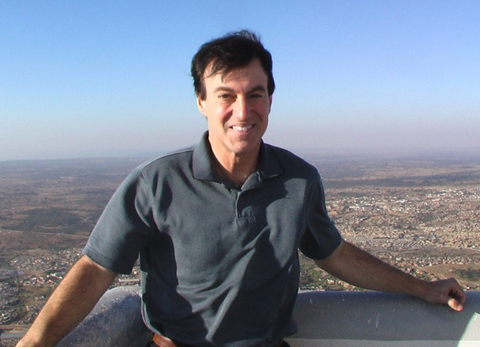Giving medical care in Angola has it’s unique challenges: diseases rarely encountered in the US, very limited medications and equipment, staff who seem to disappear, and precious little in the way of laboratory or X-ray so I often never know for sure what I’m actually treating.But then there are remarkable advantages, too. Medical insurance does not exist, and those who can simply pay in cash. Medical records are only a sentence or two written on a paper card that each patient keeps for them self. Claims of medical malpractice have never occurred. Instead people are extremely grateful for even the most elementary care.
Which brings me to Rosa…Her father noticed Rosa, a child of 18 months, coughing on Saturday. The cough worsened, and Rosa started to breath heavily and to feel warm to touch. By Monday, the father was alarmed and started looking for help. First he took her to the government hospital, where they said they were out of all medications. Next, he approached a private clinic – but having no money to pay, he and Rosa were quickly turned away. Then someone mentioned us – our “hospital on the hill,” sometimes also called the “hospital of Christ the King.”
When I met Rosa she was in desperate condition. Heaving respiration and a temperature of 103 signaled pneumonia – a very common cause of death among children here. We gave Rosa oxygen, fluids, and antibiotics. The following day she was still too weak to swallow and her little body seemed incapable of fighting any longer. But by Wednesday morning Rosa had a glimmer to her smile, her cough had disappeared, and she was sipping soup from a spoon. Her father was elated, and expressed how much I must have given up to work in Angola. I appreciate his praise – but doing medicine here is immensely rewarding, and really no sacrifice at all.

